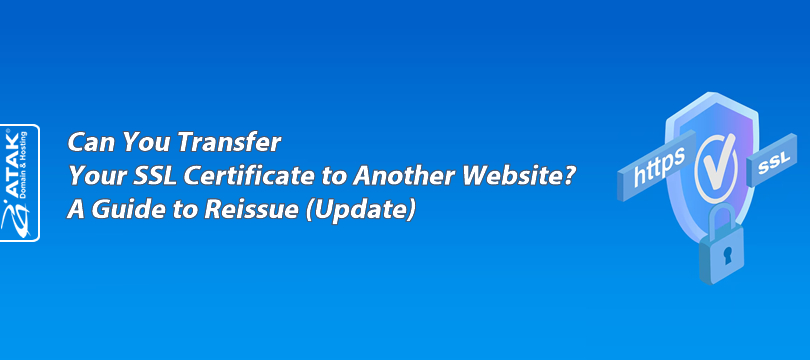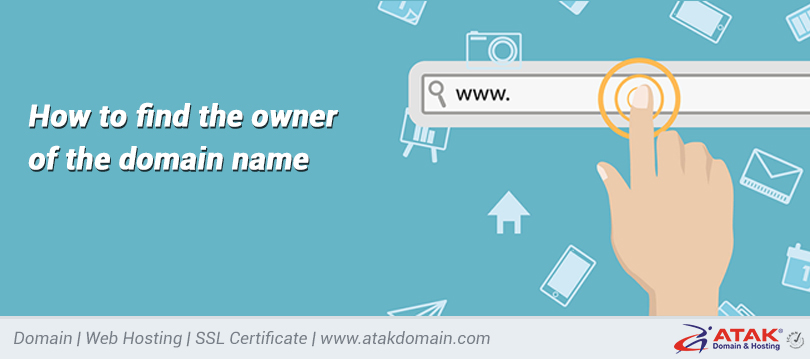

Can You Transfer Your SSL Certificate to Another Website? A Guide to Reissue (Update)
SSL Certificates are a security solution used to ensure the secure transmission of data (username, password, credit card information, personal data, and payment details) from the browser to the server.
SSL certificates enable encrypted transmission of data, preventing it from being intercepted by malicious actors and ensuring a secure environment for your website visitors to perform transactions.
SSL Certificate and CSR Code
For your certificate to be valid, you must first apply with a CSR (Certificate Signing Request) code. This code is unique to the domain name you are applying for and will only be valid for the specific domain name once the certificate is issued.
Installing an Active Certificate on a Different Website: Is It Possible?
SSL certificates are issued for a single domain name.
For example, a certificate issued for "www.atakdomain.com" will not be valid for a different domain like "www.maillb.com". This is because SSL certificates are tied to the specific domain name applied for. In other words, a certificate is created and approved only for that exact domain.
Renewing a Certificate via Reissue (Update)
SSL certificates are only valid for the domain name specified in the application. However, if your certificate is not yet active, it is possible to update it (reissue) for a new domain name.
Best Way to Get a Certificate for a New Domain Name
If you need to install an SSL certificate on a different website, the safest method is to obtain a new certificate. The certificate must be accurately generated for the new domain name.








